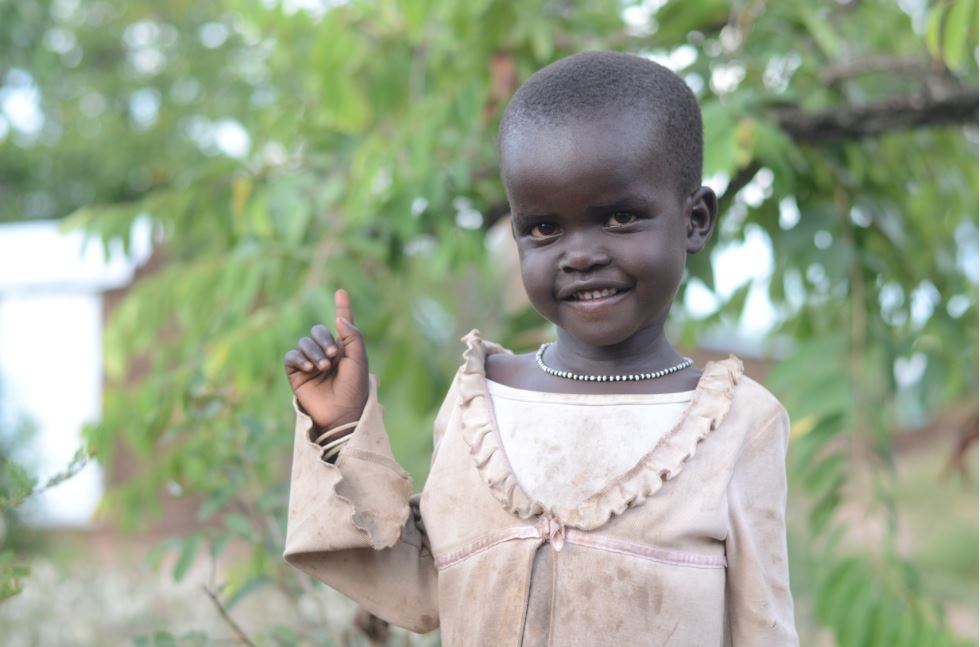South Sudan Refugee Crisis Hits One Million, Including 600,000 Children
Thursday, August 17, 2017

One million refugees from South Sudan - including 600,000 children - have now fled their conflict-ridden country into Uganda, in a dreadful new milestone announced by the United Nations today.
World Vision Australia chief executive Claire Rogers said: “This appalling figure is the result of an entirely avoidable man-made disaster.
“The people of South Sudan will continue to have no choice but to flee until the root causes of the conflict are addressed. An inclusive and sustainable political solution is the only way forward to achieve lasting peace in South Sudan.”
Of the one million South Sudanese who have fled to Uganda, 86 per cent are women and children, and 60 per cent – 600,000 - are children.
“This is a children’s crisis,” Ms Rogers said. “Those who arrive daily in Uganda have witnessed indescribable violence and will need long-term support to deal with the stress caused by the conflict in South Sudan.
“Many of them are survivors of violent attacks or sexual assault. Too many children have been separated from their parents or travelled on their own. Providing protection to these children is not only a moral duty but it is an imperative to ensure a brighter tomorrow for South Sudan.”
A new study by World Vision warns that while Uganda is one of the most generous host nations in the world, refugees are particularly vulnerable to the long-term effects of conflict, including intensified poverty, hunger and disease, with food scarcity a growing concern.
The report finds that little paid work is available and refugees who find work earn as little as $3.50 a week.
The study of 1135 refugee and host community families in Arua District, northern Uganda, showed that most refugees are young and unemployed.
Enid Kabasinguzi Ocaya, World Vision’s disaster risk reduction and humanitarian emergency affairs manager in Uganda, said there were grave concerns that if young people were left without options they could return to South Sudan and take part in the conflict, while Benson Okabo, World Vision’s Operation Director of the West Nile Refugee Response, said refugees worried about the growing cost of food, their lack of means to earn an income and their reliance on food assistance.
“More can be done to prevent the crisis from slipping into an irrecoverable state,” Okabo said. “Donor support must continue to address the crisis and ensure protection of children, right to food, and economic developments are sustained for host communities and refugees.”
Gilbert Kamanga, World Vision’s National Director in Uganda, said Uganda was leading the world in its refugee response.
“They’ve provided refugee families with plots of land so that people can build homes and grow gardens. The government is working hand-in-hand with aid agencies to deliver food, water, child protection programs and other essential services,” he said. “Now is the time to further develop livelihood and peace-building projects to assist refugees integrate and regain a sense of self-reliance.”
World Vision has been responding to South Sudanese refugee needs in Uganda since 2014, when violence broke out in South Sudan.
Picture: Blessing, 4, is one in one million refugees from South Sudan who are now sheltering in Uganda. Her family fled in February 2017.
For interviews, contact: Stuart Rintoul, World Vision Australia +61 407 241 492
Media Releases,
Refugee Crisis,
South Sudan,
Uganda
Back to all Results